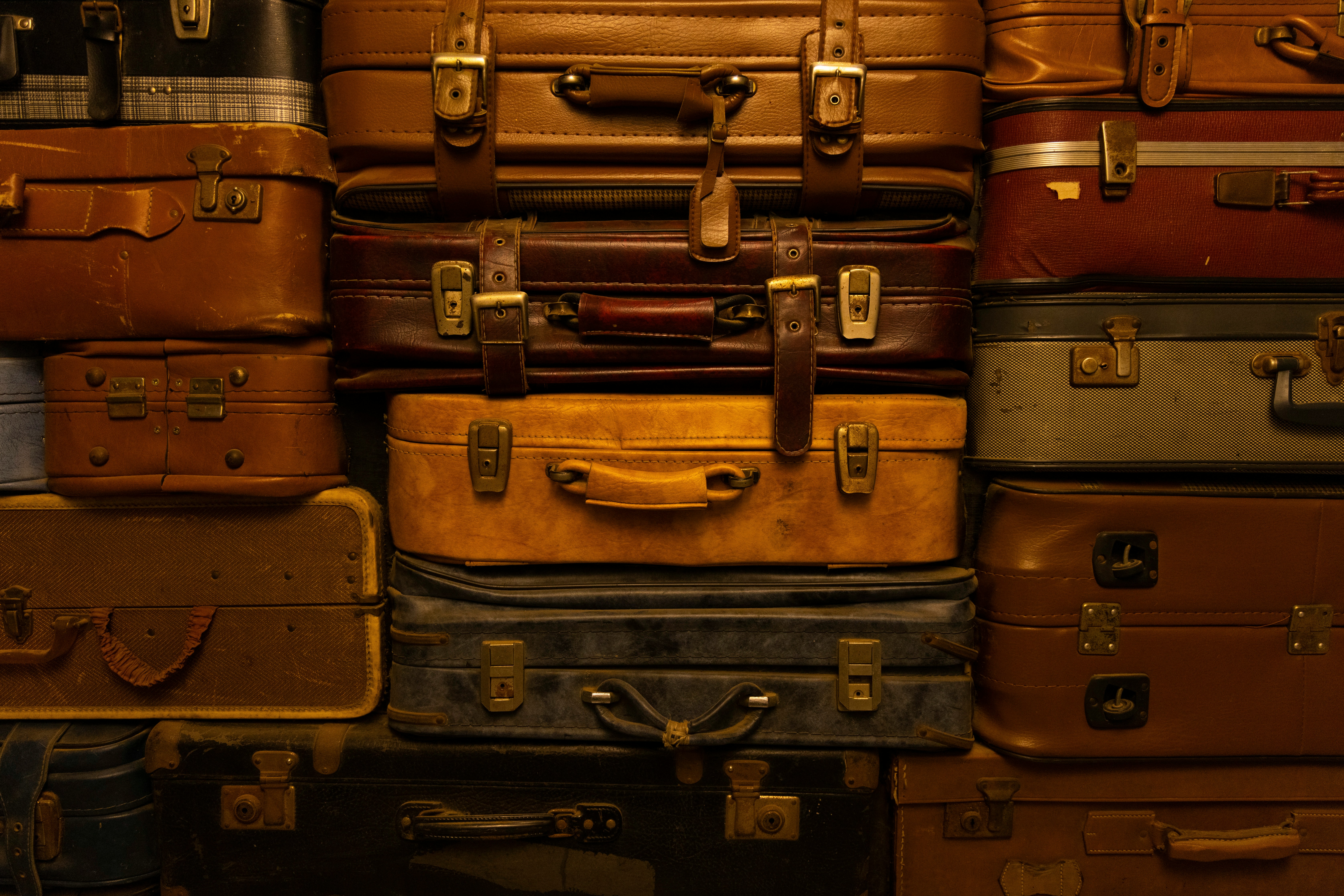This viral video tells the story of damaged luggage that many of us have experienced. After enduring a tiring flight, we trudge over to the baggage claim, wait for what seems like hours for our suitcase to emerge, and discover that the airline has damaged it during transit.
The man in this video is distraught after finding his damaged Rimowa luggage. The luxury luggage line sells pieces typically priced close to $2000. The legal question is, who is responsible for a damaged suitcase? The owner or the airline?
Is the Airline Responsible for Damaged Luggage?
Fortunately for the man in the video, airlines are responsible for damaged luggage. However, there is a cap on the liability.
According to U.S. Department of Transportation (DOT) regulations, airlines must reimburse passengers up to $3800 for damaged luggage on a domestic flight. While some airlines may pay passengers more, they are not obligated to.
A treaty called the Montreal Convention applies to luggage damaged on an international flight. The maximum baggage liability under the convention is 1288 Special Drawing Rights, which translates to approximately $1700 US per passenger. Once again, airlines can pay customers more, but they are not required to do so.
Authorities review the Montreal Convention every five years to make inflationary adjustments.
Since the man in this video was flying domestically, he will probably receive full reimbursement for the damaged luggage.
What Rules Apply to Damaged Luggage?
Liability caps are not the only rules that apply to damaged luggage. Here are some other things to be aware of when an airline damages your luggage;
- Airlines must reimburse passengers for checked luggage but are not liable for preexisting damage or damage resulting from improper packing.
- Airlines may reimburse passengers for the cost of repairing their luggage. If the luggage is beyond repair, airlines will engage in negotiations based on its value and depreciation.
- Airlines may exclude liability for certain items such as fragile items, perishables, electronics, and valuables. The airline’s contract typically includes a list of these items. On a domestic flight, the airline won’t reimburse you if these items are damaged or cause damage to your luggage. However, on an international flight, they will provide reimbursement if they accept these items for transport, even if you didn’t originally disclose them.
What About Lost and Delayed Baggage?
Damaged luggage is one thing. But what happens when your bag does not arrive at its destination?
When a bag does not arrive at its destination, the airline searches using technology to find the luggage.

If they find the bag, they may reimburse the passenger for incidental expenses incurred due to not having the required items at their destination. Airlines do not have a daily reimbursement amount to cover the costs associated with delayed or lost baggage.
Airlines have different policies regarding when a bag is officially considered lost. This period typically ranges from 5 to 14 days. However, if the airline refuses to consider a bag lost for an unreasonable amount of time, it could be subject to enforcement action by the DOT.
Once the airline officially considers your bag lost, they must compensate you for your luggage and its contents, subject to depreciation and maximum liability limits, which are the same as those for damaged luggage. The airline must also compensate you for any baggage checking fees. They may ask you for receipts and other proof to determine the value of the luggage.

